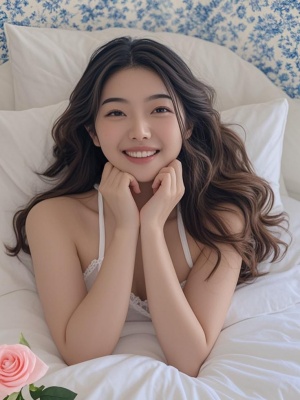The Art of Portrait Paintings: A Timeless Expression of Human Identity
Introduction: The Enduring Power of Portraiture
Portrait paintings have captivated audiences for centuries, serving as powerful visual records of human identity and emotion. From Renaissance masterpieces to contemporary digital portraits, this art form continues to evolve while maintaining its fundamental purpose - to capture the essence of an individual. Whether you're an art enthusiast or considering commissioning a portrait, understanding the depth of this medium enhances appreciation for its cultural significance.
The Historical Evolution of Portrait Painting
From Ancient Roots to Modern Interpretations
The tradition of portrait painting dates back to ancient Egypt and Greece, where rulers and deities were immortalized in stone and pigment. The Renaissance period marked a turning point, with artists like Leonardo da Vinci and Rembrandt elevating portraiture to new heights of realism and psychological depth. Today, AI-powered painting techniques are creating exciting new possibilities while honoring traditional methods.
Key Periods in Portrait Art:
- Ancient portraiture (funerary masks, coin profiles)
- Renaissance realism (sfumato technique, chiaroscuro)
- Baroque emotional intensity (dramatic lighting)
- Impressionist brushwork (capturing fleeting moments)
- Modern abstraction (Picasso's cubist portraits)
Technical Mastery in Portrait Creation
Essential Skills for Portrait Artists
Creating compelling portrait paintings requires mastery of several technical elements. According to the National Portrait Gallery, successful portraits balance accurate representation with artistic interpretation. Key challenges include:
Problem-Solution Matrix:
- Problem: Capturing likeness
Solution: Careful measurement of facial proportions - Problem: Conveying personality
Solution: Strategic use of expression and composition - Problem: Creating depth
Solution: Mastery of light and shadow techniques
The Psychological Impact of Portraits
Portrait paintings do more than document appearances - they reveal the human psyche. Studies from the American Psychological Association show that viewers form emotional connections with portrait subjects, often projecting their own experiences onto the artwork. This explains why family portraits remain popular for home decoration and heirlooms.
Psychological Elements in Portraits:
- Eye contact (creates connection)
- Body language (reveals personality traits)
- Color psychology (influences emotional response)
- Composition (guides viewer attention)
Contemporary Trends in Portrait Painting
The digital age has transformed portrait painting with innovative tools and platforms. Many artists now combine traditional techniques with AI-assisted methods to create hybrid artworks. Social media has also democratized portraiture, allowing more people to commission personalized artworks.
Current Portrait Trends:
- Hyperrealistic digital paintings
- Mixed media portrait collages
- Augmented reality portraits
- NFT portrait collections
- Minimalist line art portraits

Conclusion: The Timeless Value of Portrait Paintings
Portrait paintings remain one of the most personal and powerful art forms, bridging centuries of artistic tradition with modern innovation. Whether created with oil paints or digital brushes, portraits continue to fascinate by capturing the complex beauty of human individuality. For those interested in exploring this art form further, visiting a professional gallery or experimenting with portrait techniques can be deeply rewarding experiences.
As technology advances, the essence of portrait painting persists - the desire to preserve and celebrate human identity through artistic expression. From royal commissions to smartphone self-portraits, this enduring art form adapts to each generation while maintaining its fundamental power to connect viewers with the human experience.